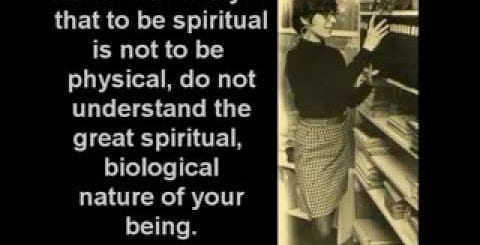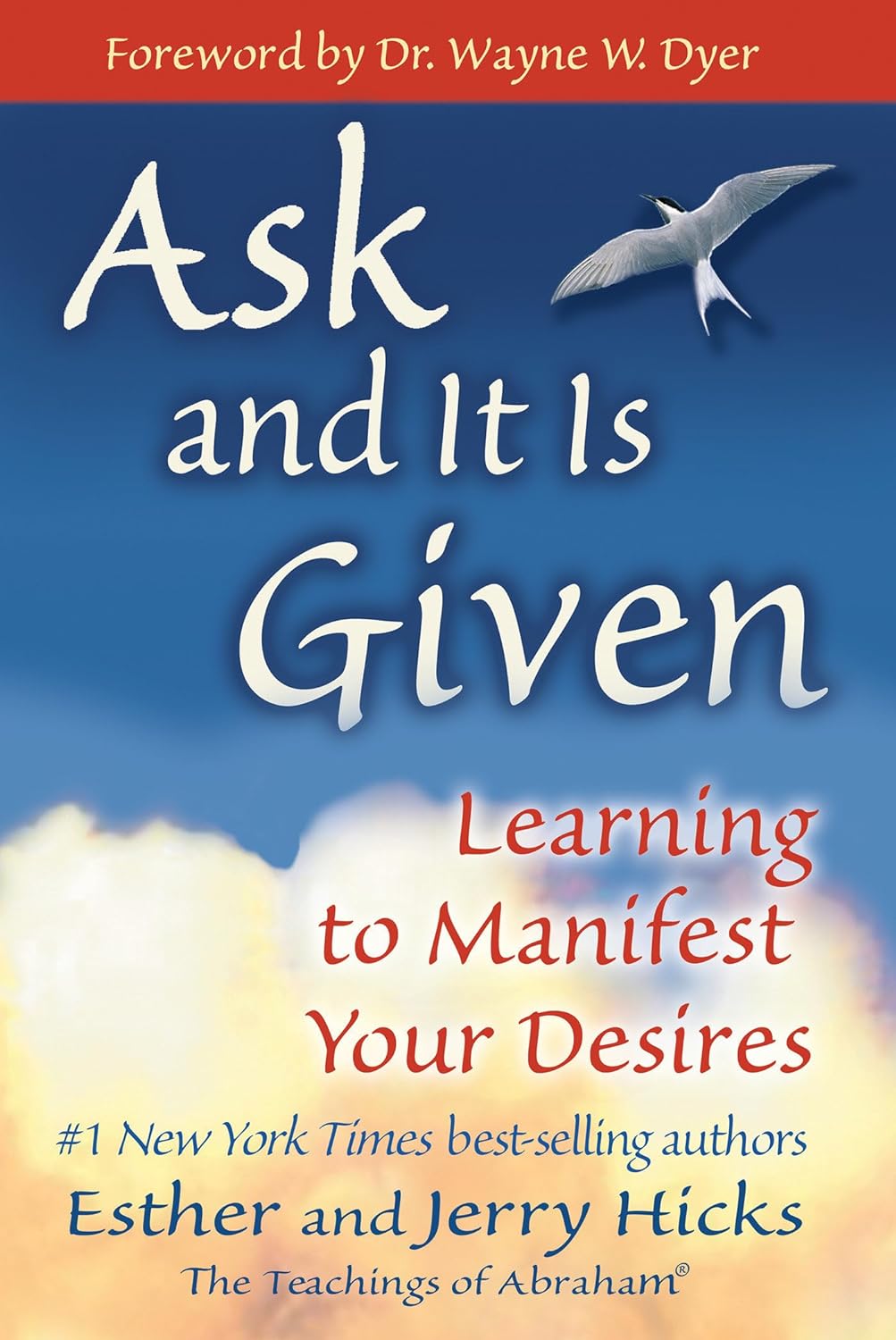What If We Discover Life After Death?
Death and the possibility of an afterlifehave fascinated artists, philosophers,and scientists throughout history. Fear,hope,dread,these are all things we might feel when we ponder what happens to us after we die. But what does science actuallyknow about the afterlife?If we knew that we went somewhere after we died, Death is not as straightforward as you might think. The term ‘clinical death’ wasn’t even coineduntil 1846, by Dr. Eugène Bouchut. He suggested that if you listened through a stethoscope, and there was no heartbeat for two minutes, the patient was clinically dead. Today, determining whether death has occurred is more complicated. The heart can continue to beat for a full week after the brain dies. This was shown by UCLA’s 1998 study. These 175 bodies were still functioningone week after brain death. called ‘beating heart cadavers,’Were they able to make the final jump into the afterlife?We can’t tell for sure. The closest we can get to discovering concrete answersis by looking at near-death experiences. And that’s just in one country. Stories across the globe describe the same sort of phenomena happening aroundthe time of death, either being surroundedby a bright light, or seeing a being made of bright light. This experience is so prevalent that Bruce Greyson developed the Greyson NDE Scale in 1983. This scale determines if a person had a near-death experience based on their answers to 16 questions, such as,In a four-year study of awareness during resuscitation,the University of Southampton found that 39 percent of cardiac arrest survivors claimed to have been aware of their surroundings,before their heart was restarted. Yet in this study, people claimed they were conscious for up tothree minutes after their heart stopped. The survivors’ experiences includedtime slowing down or speeding up,out of body experiences, or a peaceful feeling. Some even had distinct memories of their surroundings. These experiences make sense when you know that brain activity actually spikesaround the time of death. A 2010 study from the George Washington University Medical Center studied the EEGs, or electroencephalograms,of seven critically ill patientsas they were taken off life support. The patients showed a spike of neural activity near death that lasted from 30 seconds to three minutes. Are these spikes in mental activity proof of an afterlife? The short answer is no. Neuroscientist Andrew Newberg speculatesthat our parasympathetic nervous system,and sympathetic nervous system,begin operating at full speed in near-death experiencesThese two systems rarely work side by side, and the combination could create all those other-worldly experiences that people report. But this, too, is just a theory. That could depend on the type of afterlife. Let’s say there are different characteristics of an afterlife, and the way you lived on Earth determined where you go after death. If this was a hard fact that everyone knew, then we would probably strive to be much better people. People would have different opinions about what factors would be the most rewardedin the afterlife, and this would be a point of conflict. There might even be a whole new field ofscience dedicated to discovering the rules of the afterlife. But what if the opposite is discovered? What if there is just one place where everyonegoes, no matter what they did while alive?Researchers have found that when reminded of death,people tend to shop more,drink more, eat more,smoke more… In other words, they live it up. This doesn’t bode well for a reality where the afterlife is just one happy, responsibility-free destination. It would be easy for people to decide that what happened on Earth, or to the Earth, doesn’t really matter. There could even be an increase in reckless behavior and suicide. Death cults, anyone? Even if scientists proved the existence of an afterlife,the reality is that they wouldn’t know how that afterlife functioned. The only people who would knowwhat it was like would be, well, dead. People’s understanding about the afterlife would still be formed by their personal beliefs. We will probably never know if there is an afterlife. But luckily for us,we have longer to live than ever before. A century ago, the average life expectancy dippedas low as age 23 in countries like South Korea and India. It would be wise for us to use our longer lifespansto do good on the Earth that we have. The afterlife may or may not exist, but the world that we live in today definitely does. And who knows?Maybe someday we won’t think twice about the afterlifebecause we’ll have found a way to become immortal.









